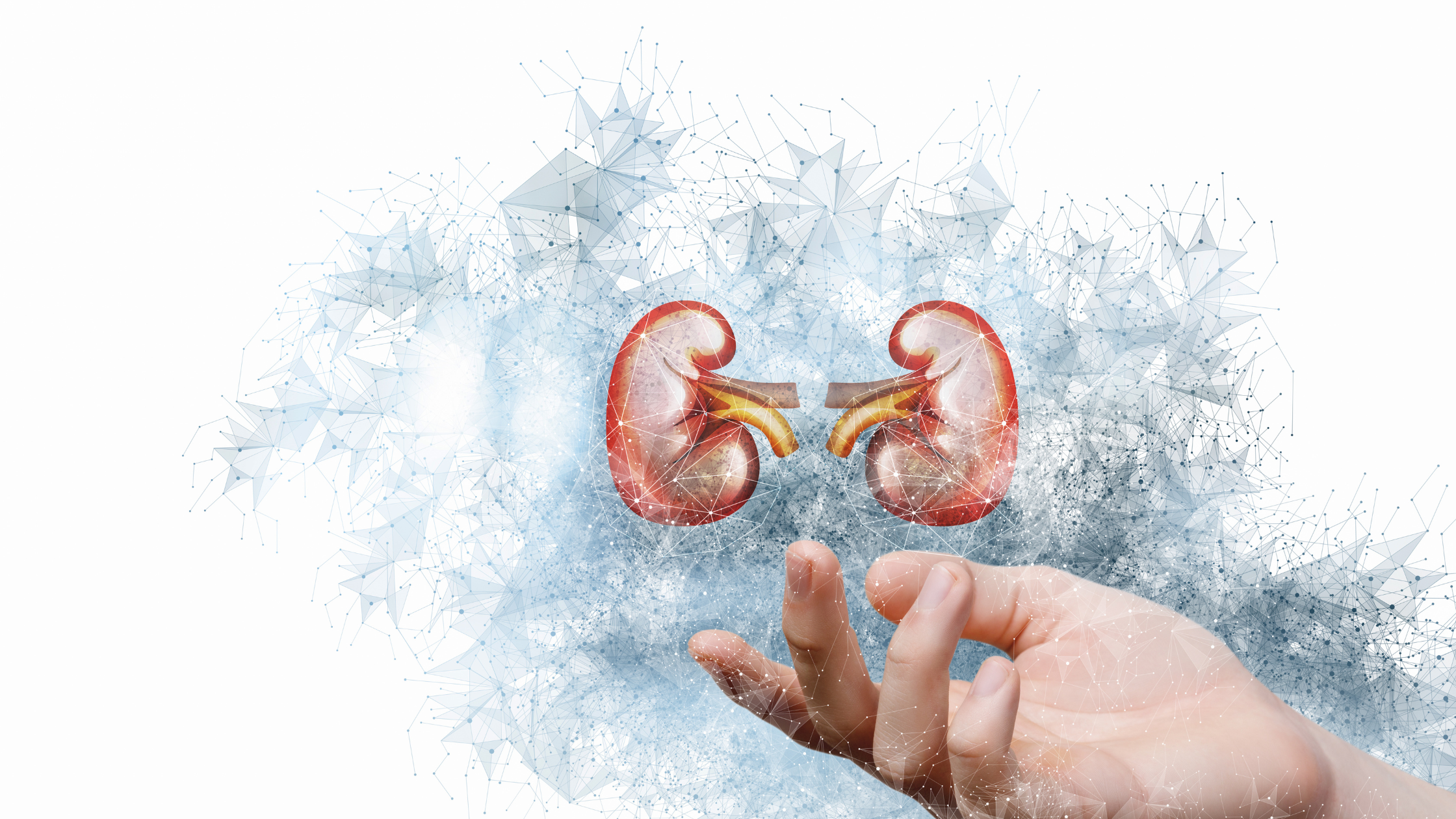Is Long COVID Contagious? What Science Tells Us About Post-COVID
If you're suffering from long COVID or know someone who is, you might wonder whether these lingering symptoms could be contagious to others. This...
2 min read
Quality Insights Staff : Apr 24, 2025 11:27:27 AM
If you're suffering from long COVID or know someone who is, you might wonder whether these lingering symptoms could be contagious to others. This question is common as many people continue experiencing health issues weeks or months after their initial COVID-19 infection.
Long COVID, also called post-COVID syndrome or post-acute sequelae of SARS-CoV-2 (PASC), refers to symptoms that persist for weeks or months after the initial COVID-19 infection. The scientific consensus is clear: long COVID itself is not contagious.
According to the Centers for Disease Control and Prevention (CDC), most people with long COVID are no longer infectious. The persistent symptoms occur after the body has cleared the active virus.
"People with post-COVID conditions are no longer contagious if it has been more than 10 days since their symptoms began and they have been fever-free for 24 hours," states the CDC's guidance on long COVID.
While researchers continue studying long COVID, several theories explain why symptoms persist:
According to research published in Nature Medicine, these mechanisms don't involve spreading active virus to others.
Reality: Having symptoms doesn't mean someone is still infectious. Many conditions cause lasting symptoms after the infectious period ends, like post-viral fatigue syndrome.
Reality: A study in The Lancet found that most long COVID patients test negative for active virus despite ongoing symptoms.
There is no medical reason to avoid people with long COVID. According to infectious disease specialists at Johns Hopkins Medicine, people with post-COVID conditions pose no infection risk to others.
It's important to distinguish between:
The CDC advises that most people can safely end isolation 5-10 days after testing positive, depending on their symptoms and test results.
The scientific evidence clearly shows that long COVID is not contagious. The symptoms represent the body's ongoing response to a past infection rather than an active, transmissible infection.
If you're experiencing long COVID symptoms, focus on getting appropriate medical care rather than worrying about spreading it to others. And if you know someone with long COVID, understand they pose no infection risk to you.
As our understanding of long COVID continues to evolve, researchers worldwide are working to develop better treatments for those affected by this challenging condition.
Medical content on this blog has been written or reviewed by healthcare professionals but should not replace personalized medical advice from your doctor.

If you're suffering from long COVID or know someone who is, you might wonder whether these lingering symptoms could be contagious to others. This...

Living with chronic kidney disease (CKD) stage 3 can feel overwhelming. As kidney function begins to decline, many patients have questions about...

Chronic Kidney Disease (CKD) happens when your kidneys slowly lose their ability to work well over time. Knowing the stages of CKD is important...